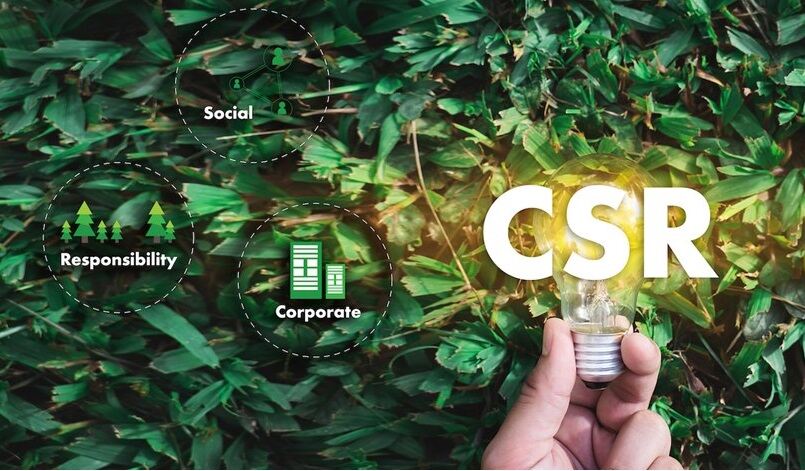The Native American proverb holds so true now more than ever before – “We don’t inherit the earth from our Ancestors, we borrow it from our Children”. The Earth Day was conceptualized by a group of environmentalists more than five decades ago with the primary goal of protecting and preserving our natural resources, wildlife, fauna and the biodiversity of our planet. They started with a mission to create awareness and collaborate with governments, experts and researchers, industries and the people in general to address the devastation caused to our planet, each year.
Experts estimate that up to 17 million square miles of land worldwide have been altered by humans for cultivation and then abandoned.
There are multiple reasons for the damage that is created, which has resulted in the imbalance of marine life, climate change, rising temperatures, locust attacks, earthquakes and hurricanes and poor quality of crops across the globe. It took until the year 2015 to establish the Paris Agreement which is a legally binding international treaty on climate change, where-in 196 nations agreed unanimously to limit global warming to well below 2, preferably to 1.5 degrees Celsius, compared to pre-industrial levels. But would this commitment be enough?
Limiting the carbon emissions and amount of industrial waste being discarded into the oceans may have had its impacts but surely not enough as it is still adding to the already deteriorating situation. This year the Earth Day is dedicated to ponder on this very phenomenon that while we are taking steps to restrict pollution, we also need to restore the damage caused. And this is where research and innovation need to play a leadership role rather than be a follower.
Industrialization, construction and de-plantation have contributed to the damage of natural resources and the quality of biodiversity. It is important that we invest in not just protecting it but also restoring it to its earlier levels. Research has proved that there are alternative ways to de-carbonize the industrial waste, regenerative farming that can help restore the impairment of the land and alternative fuels to help bring down the emissions.
Academicians and experts now believe that one of the critical catalysts to restore the imbalance is finding alternatives and solutions to our existing methods. The recycling of lithium-ion batteries is one such example. Recycling spent batteries instead of discarding them into landfills is a sustainable solution to reduce the damage to human health and the environment. In recent times, adopting Aeroponics as a farming method is also gaining steam, as it allows the earth to recuperate and regenerate its nutritional and mineral properties.
Green investments made today to enable a “Green Economy” can help us restore the levels of oxygen in the air, and help attain stable temperatures. Governments and corporations will have to come together to invest in reinstating degraded lands from decades of farming and find alternatives. Regenerative farming can help this initiative with proven results. Methodological investments into Habitat Restoration divided in Land, Water and Wetland will aid in gaining results.
Technology will play a key role in finding long term sustainable solutions to minimize the damage caused; R&D and Technology – for a Sustainable world, though has to be embedded into the social, political and industrial fabric. What we need is a sociotechnical change where there is a burning desire, resolute will; a cultural adoption of the fresh attitudes towards environment conservation, backed by not just rhetoric but by the implementation of Science based Technology methods for Transformation. The renowned 13th century Sufi Saint, Scholar and Persian Poet Rumi had said, “The earth turns to gold, In the hands of the wise”
 Dr. Richard Lobo is presently the Head-Innovation & CQH (Business Excellence) at Tata Chemicals. He has been associated with the Company for 11 years. In his previous role at Tata Chemicals, he was heading Strategy, Business Excellence and continuous improvement for India, US, UK and Kenya operations. Over the past few years he has been responsible for developing strategies for growth in South America, Africa, Australia and Asia (Malaysia, China and India). He has over 17 years of experience in leading businesses, anchoring Business Excellence, Business Strategy, Innovation, Operational Effectiveness and EBITDA Improvement for multi-million USD enterprises.
Dr. Richard Lobo is presently the Head-Innovation & CQH (Business Excellence) at Tata Chemicals. He has been associated with the Company for 11 years. In his previous role at Tata Chemicals, he was heading Strategy, Business Excellence and continuous improvement for India, US, UK and Kenya operations. Over the past few years he has been responsible for developing strategies for growth in South America, Africa, Australia and Asia (Malaysia, China and India). He has over 17 years of experience in leading businesses, anchoring Business Excellence, Business Strategy, Innovation, Operational Effectiveness and EBITDA Improvement for multi-million USD enterprises.
Views of the author are personal and do not necessarily represent the website’s views.
Thank you for reading the column. Please drop a line and help us do better.


